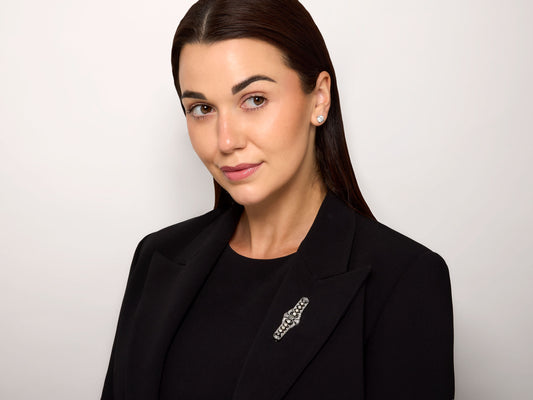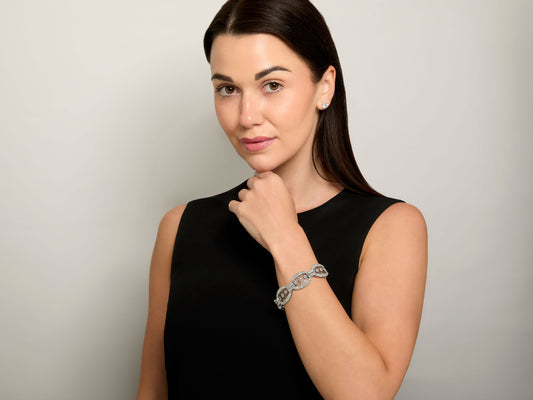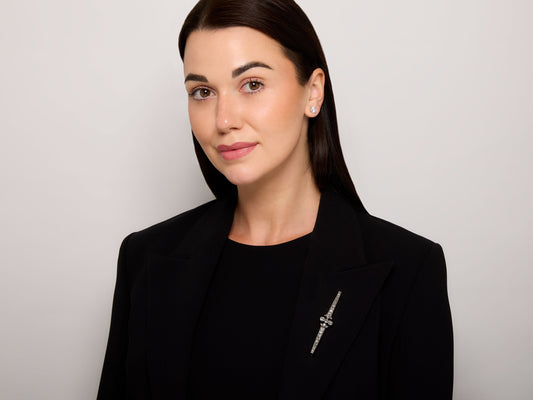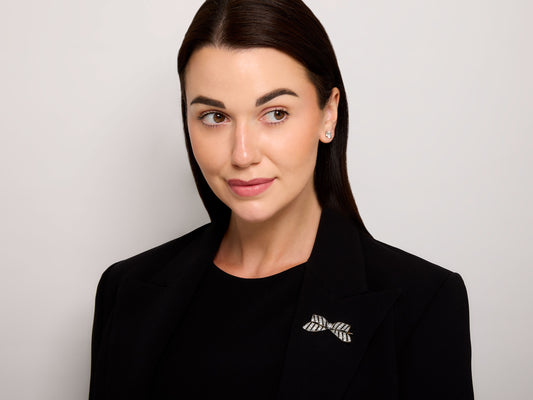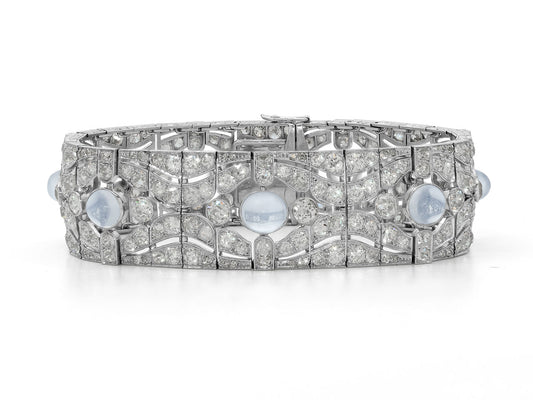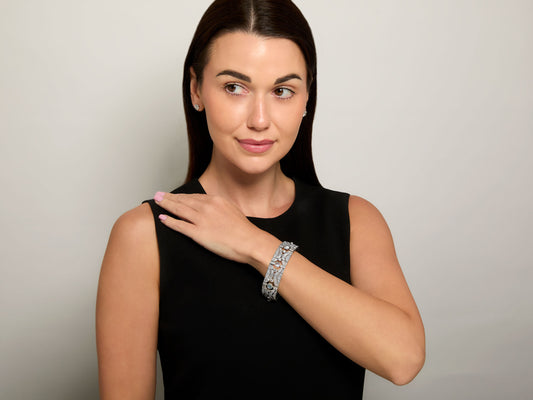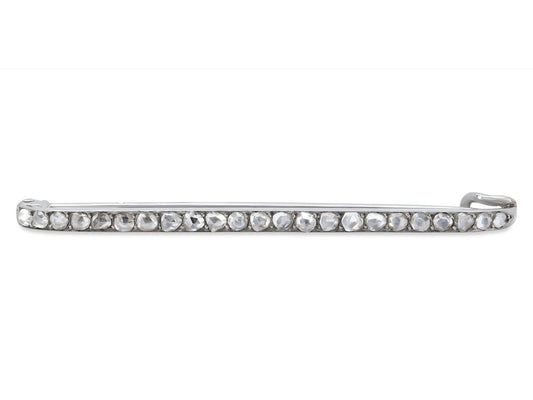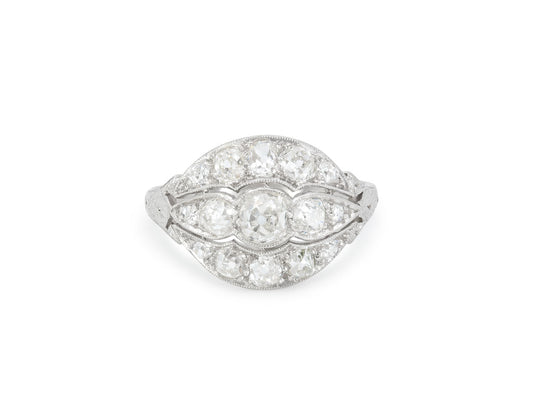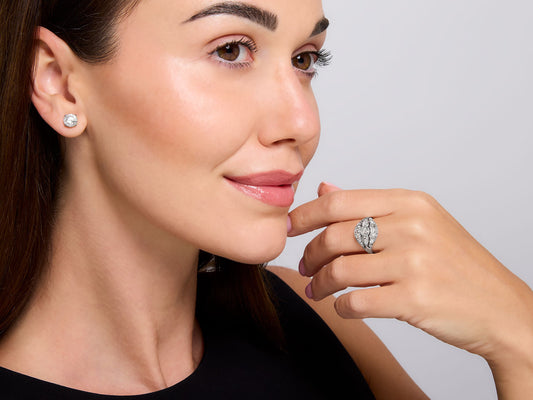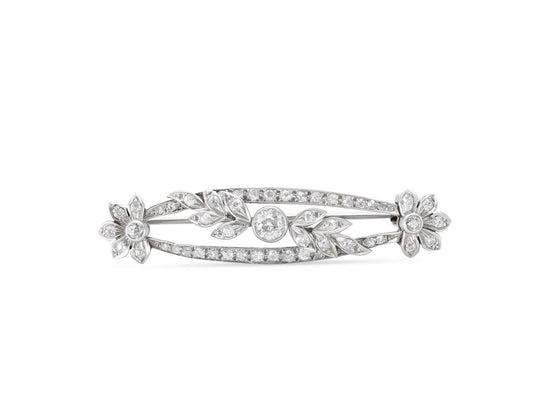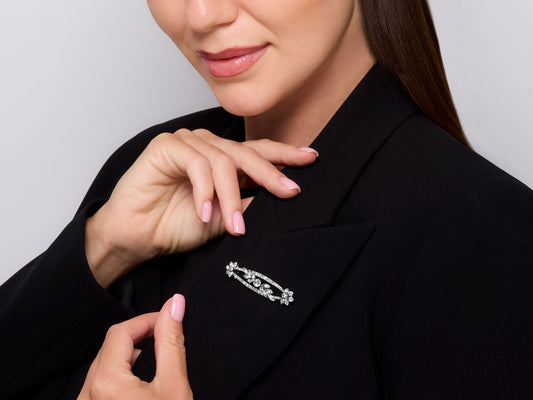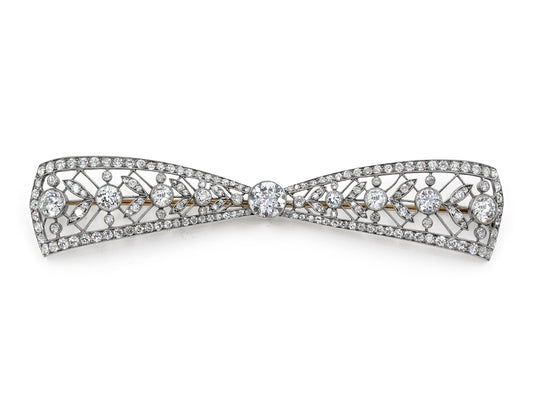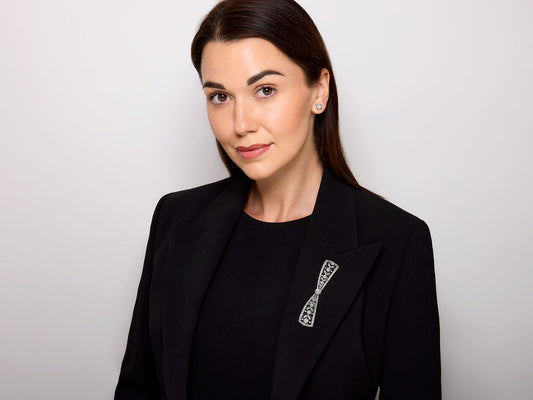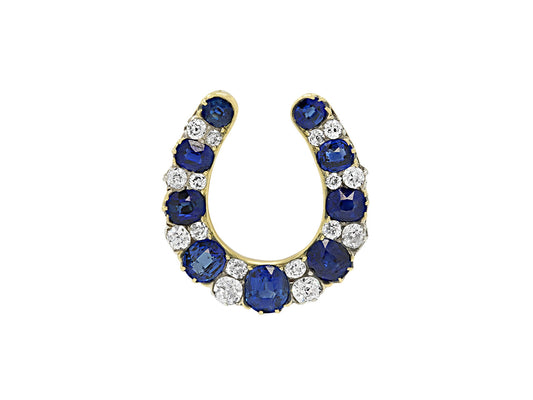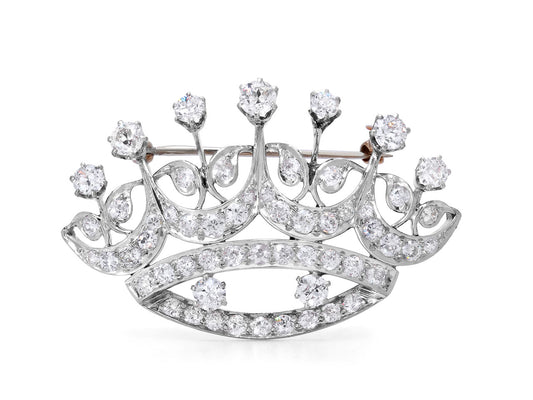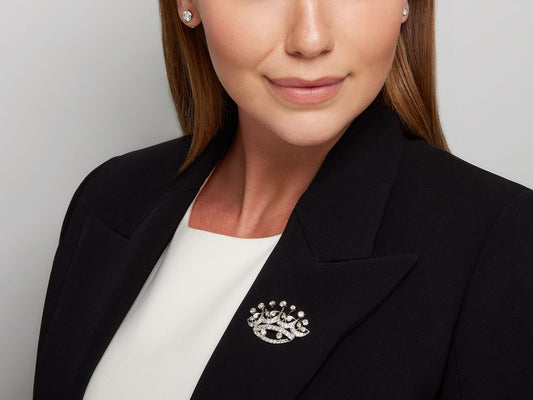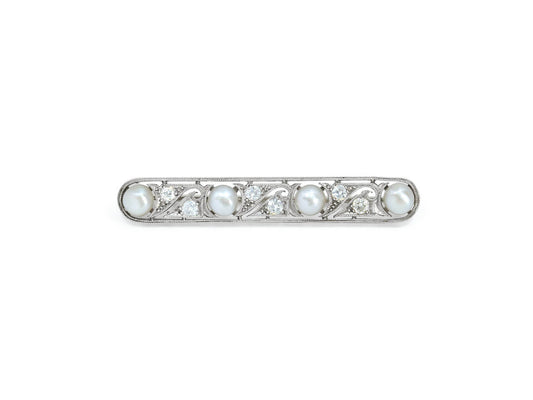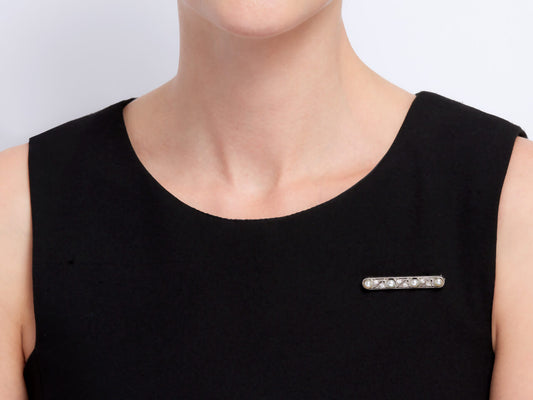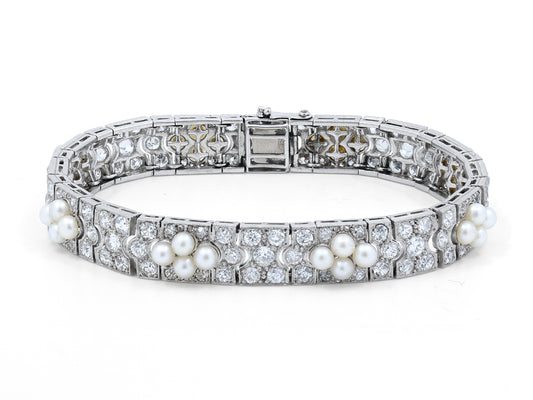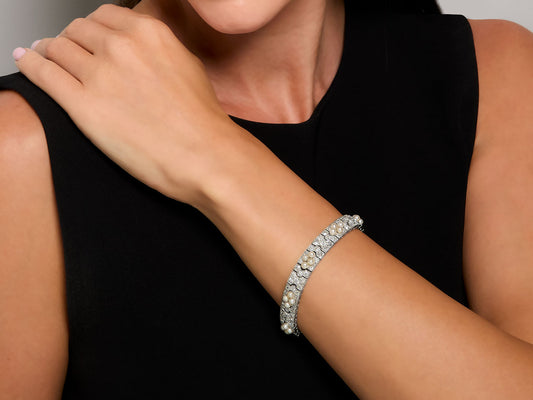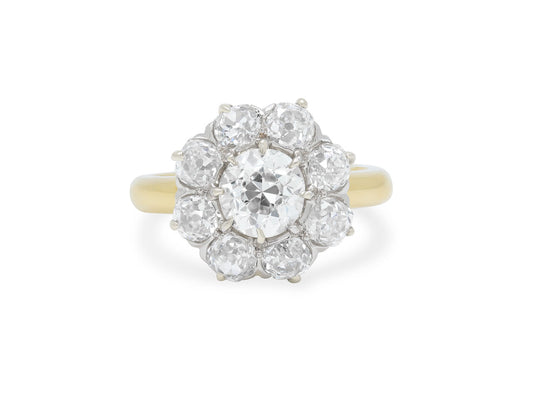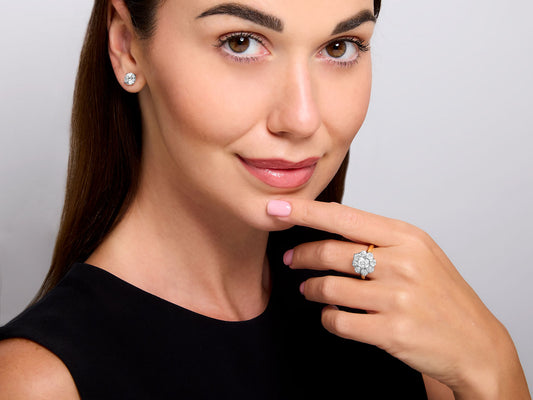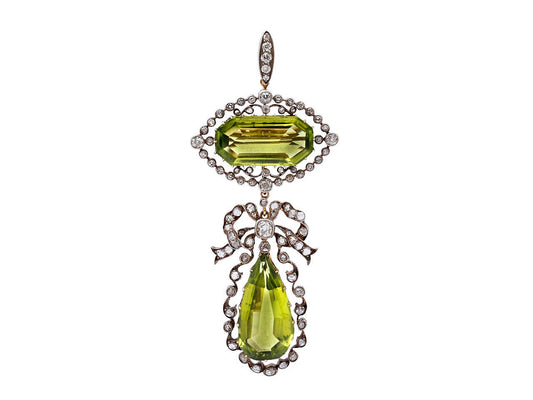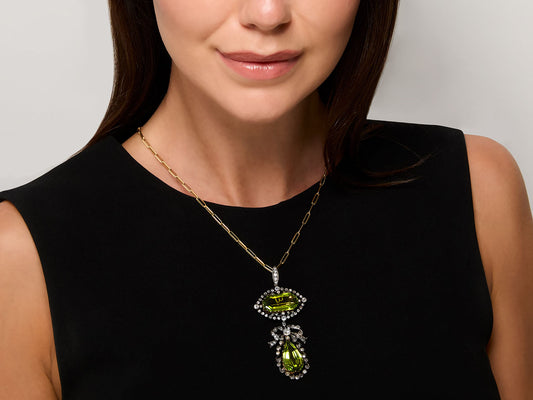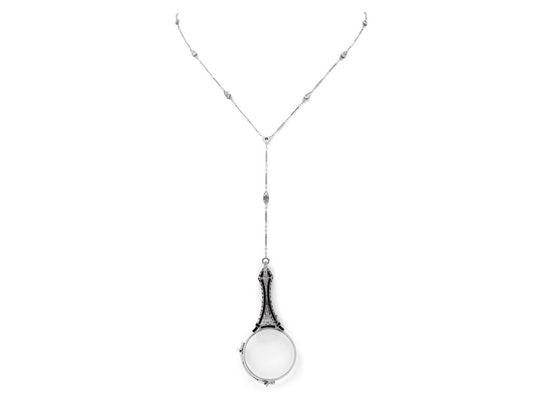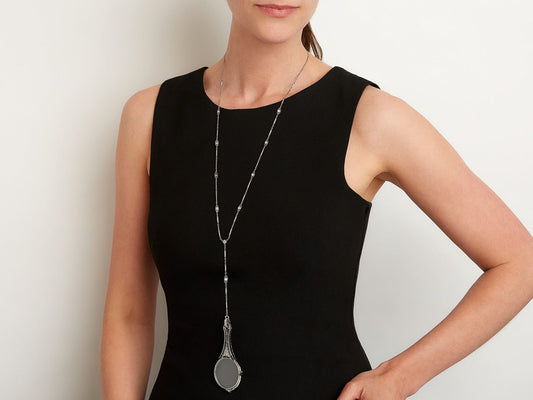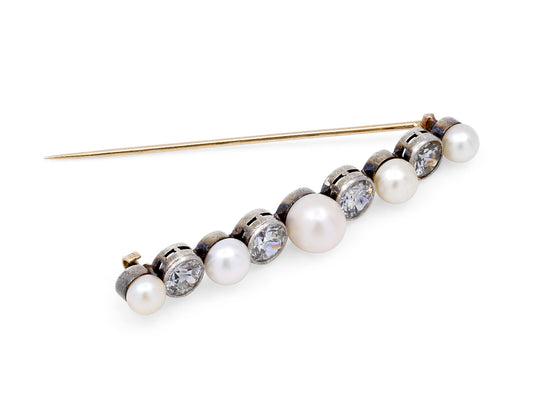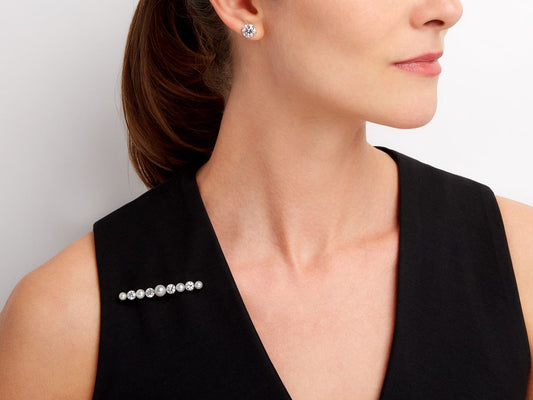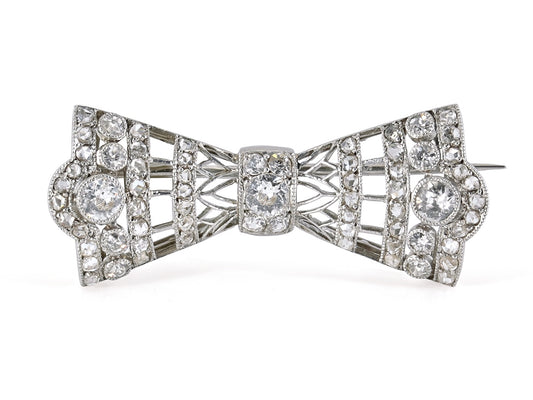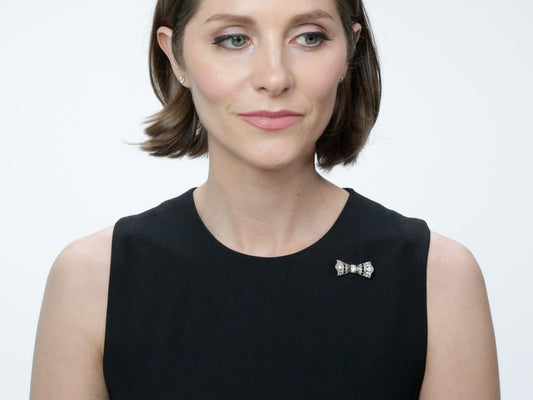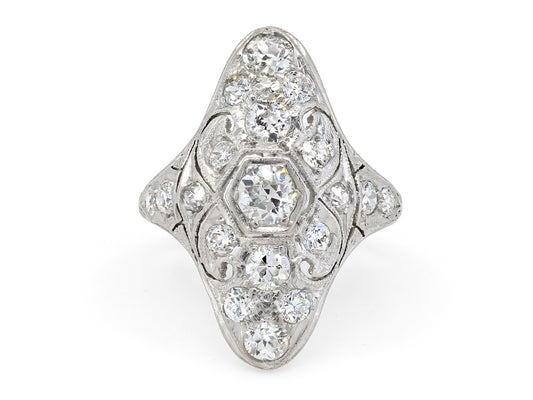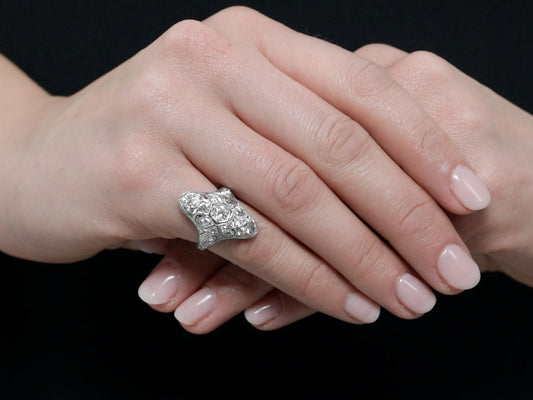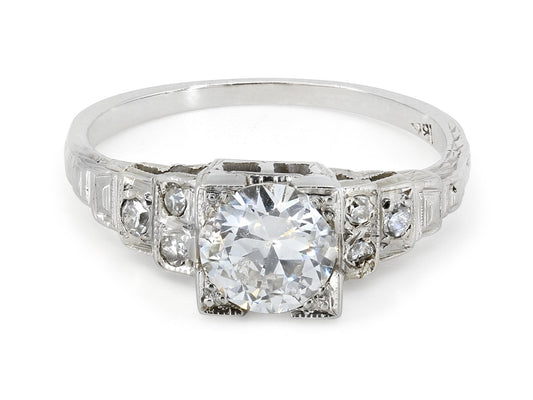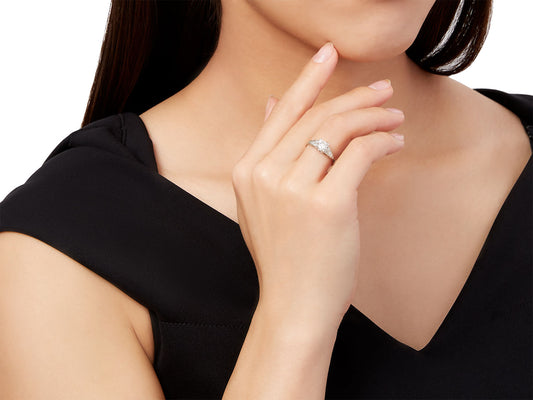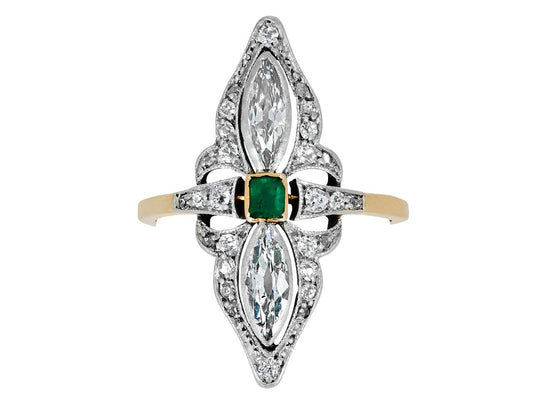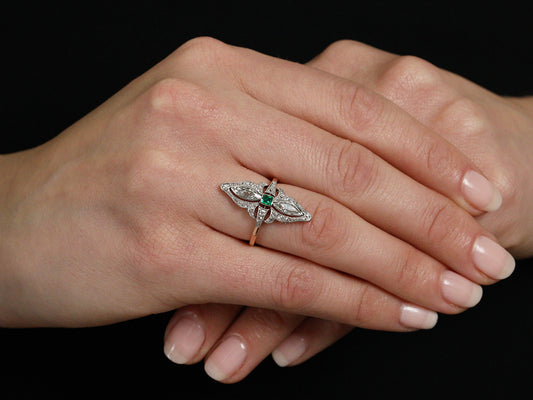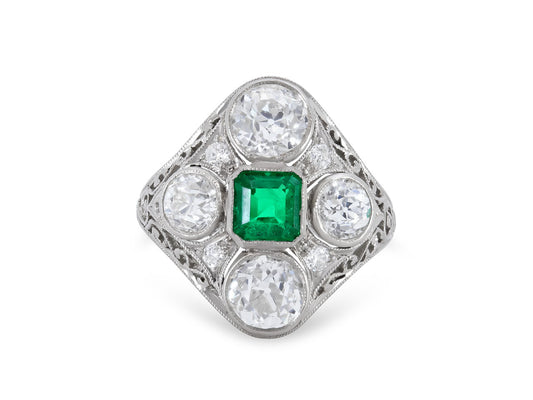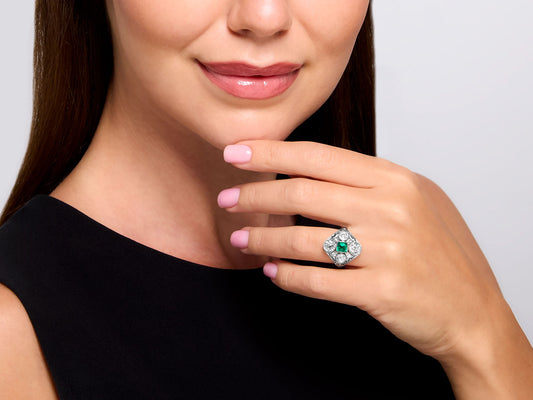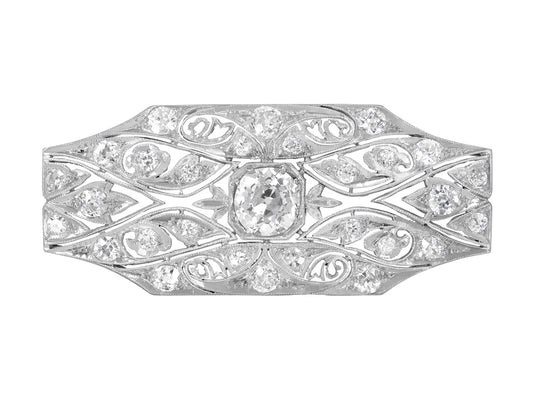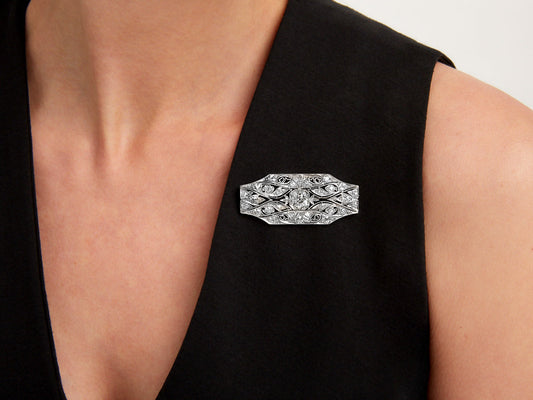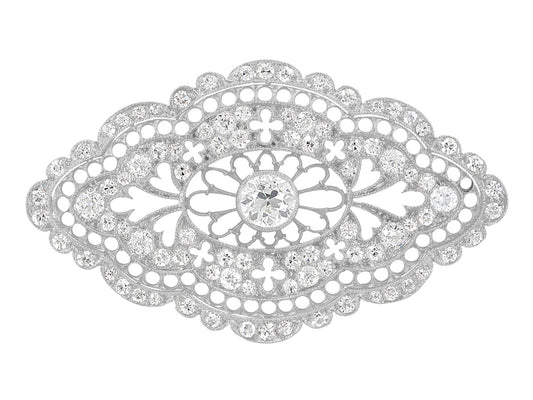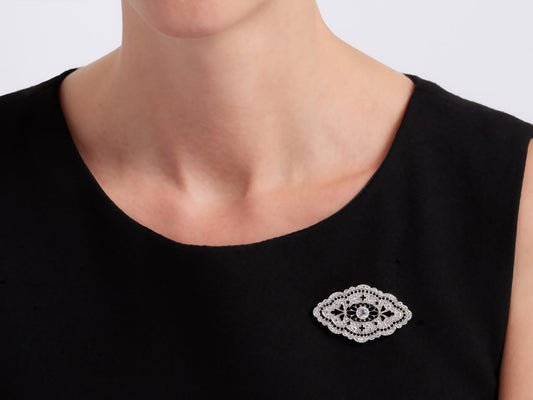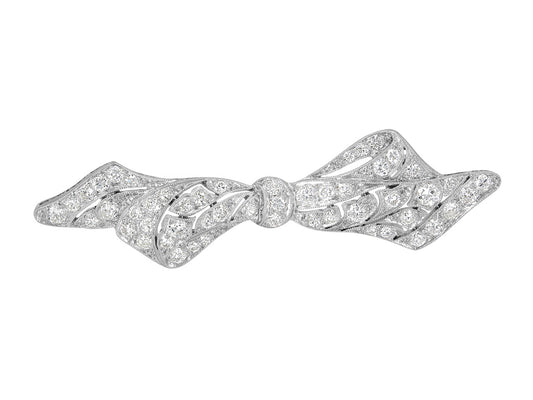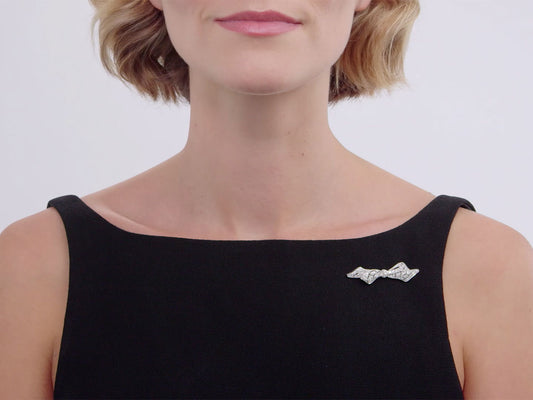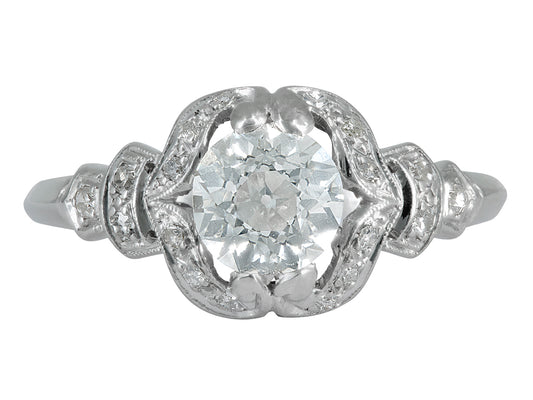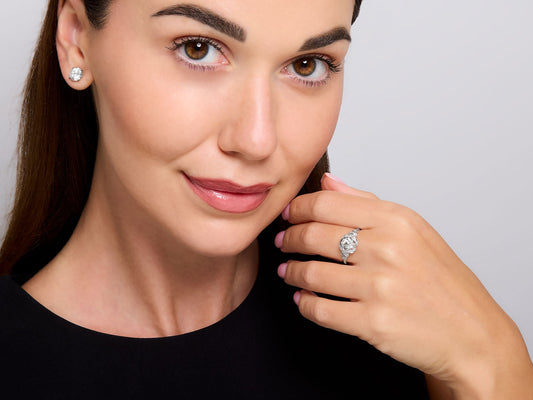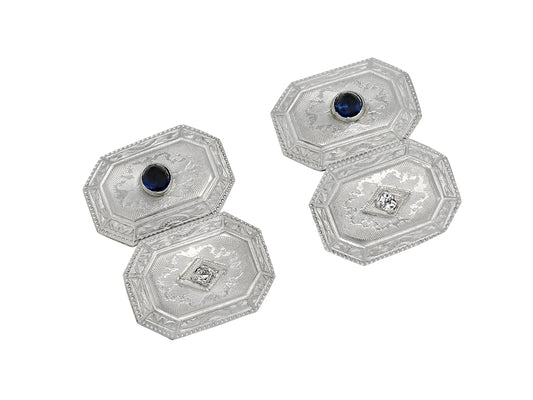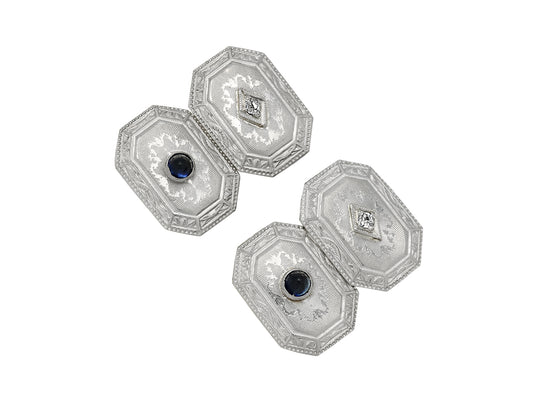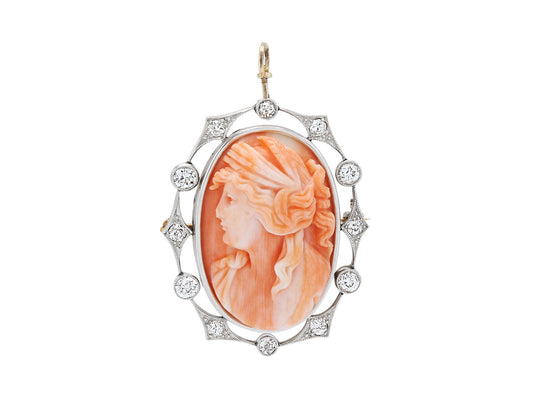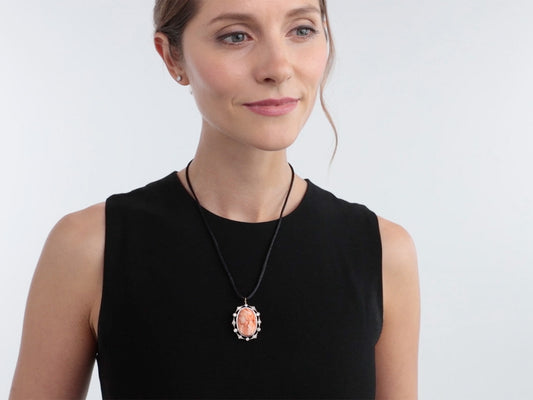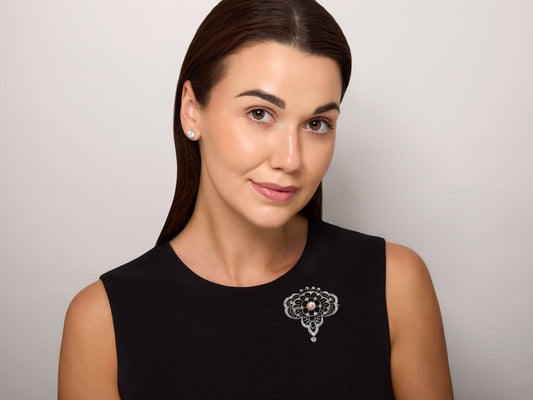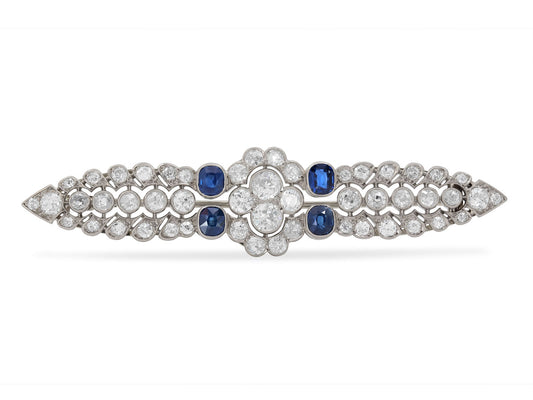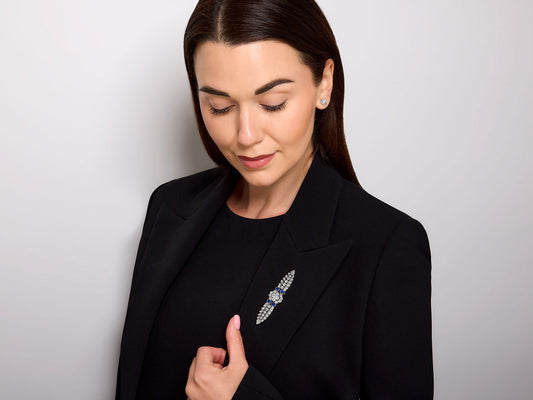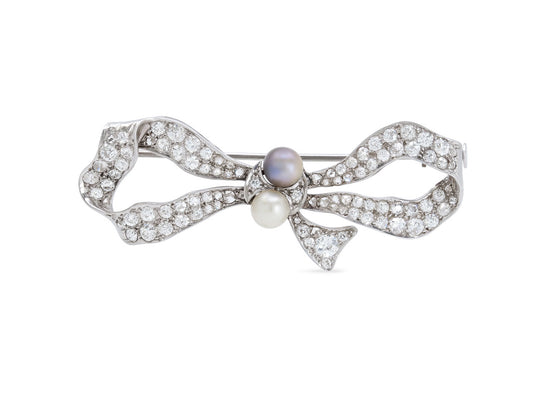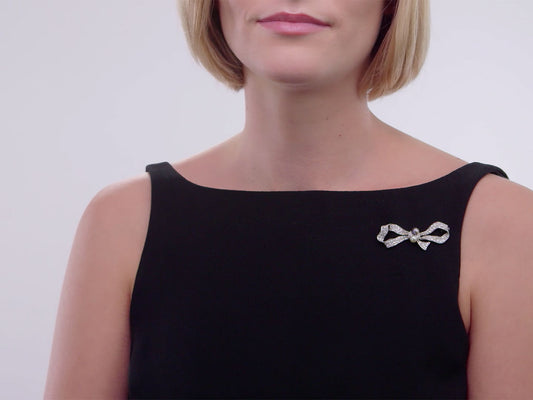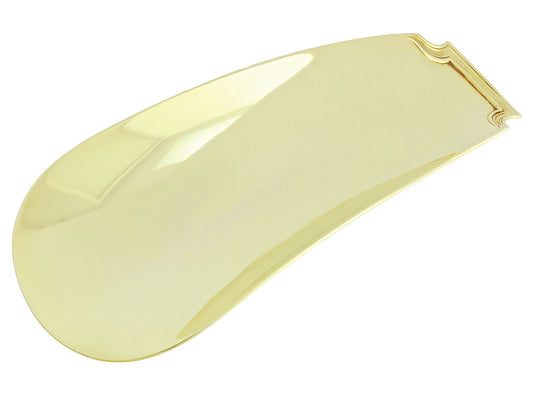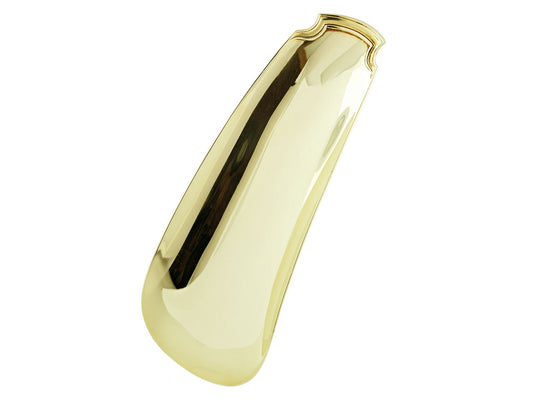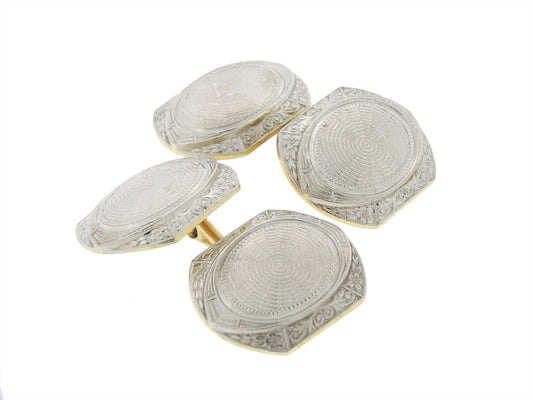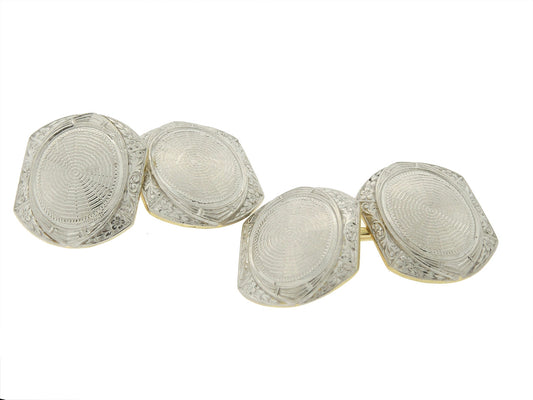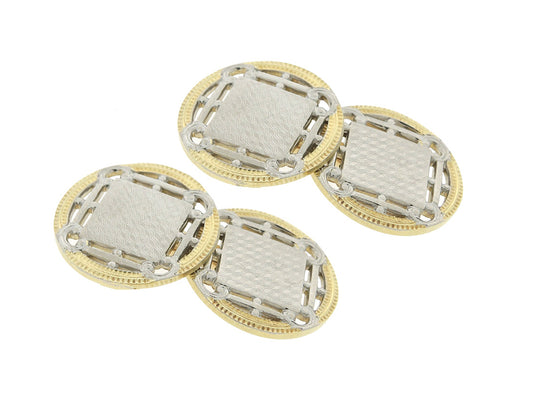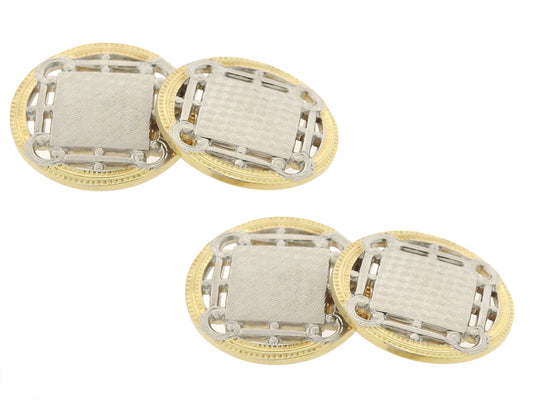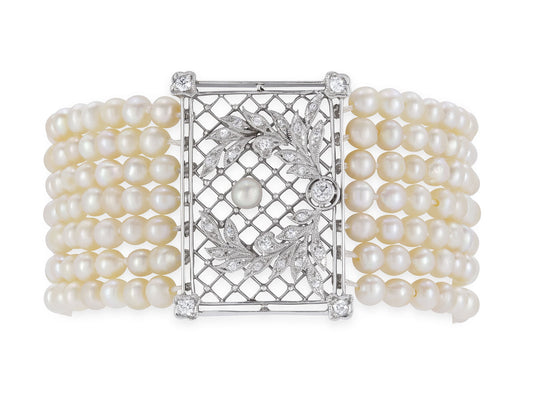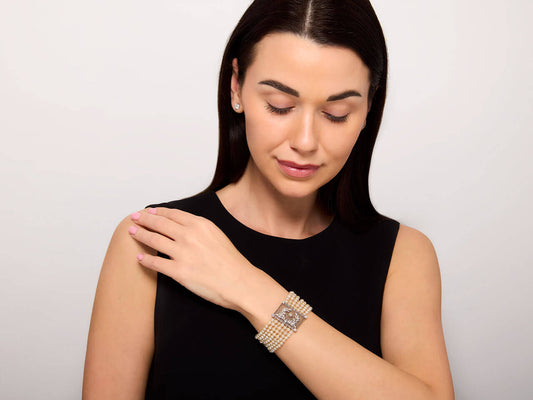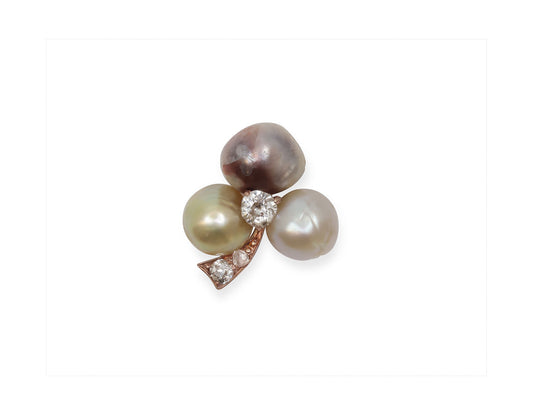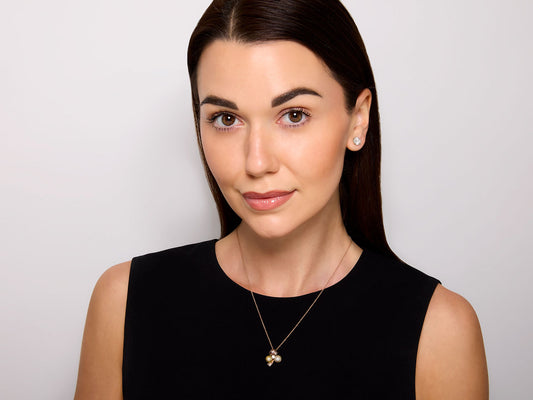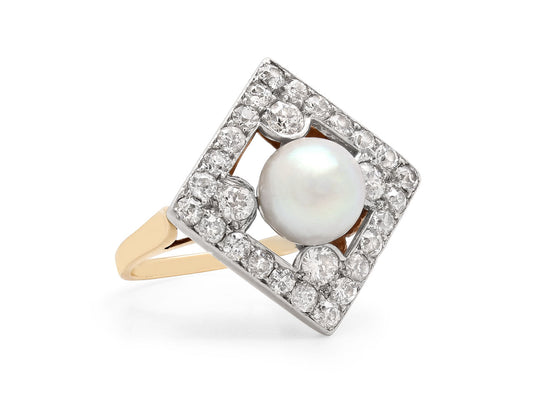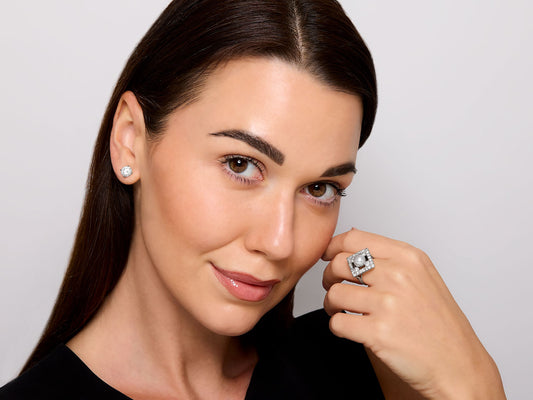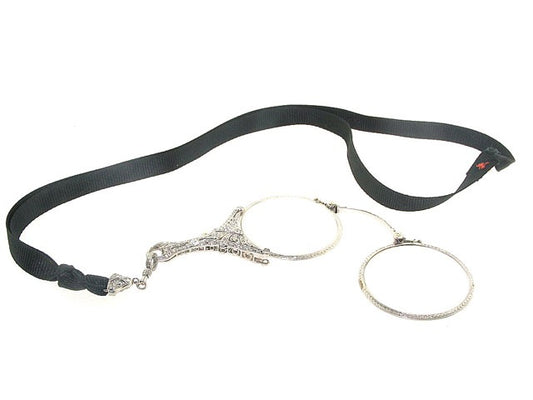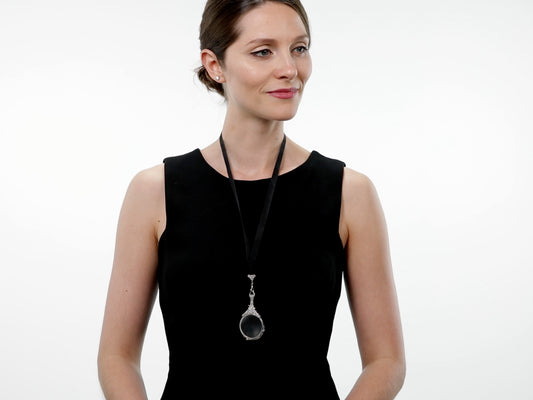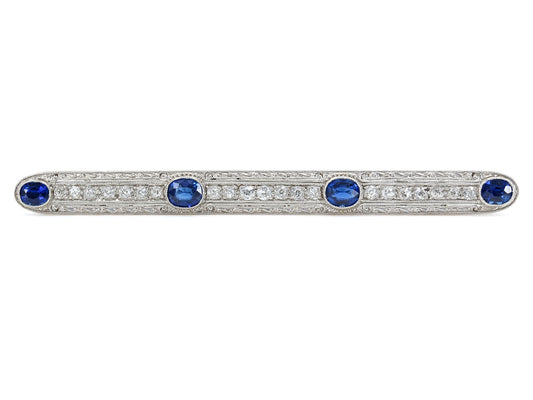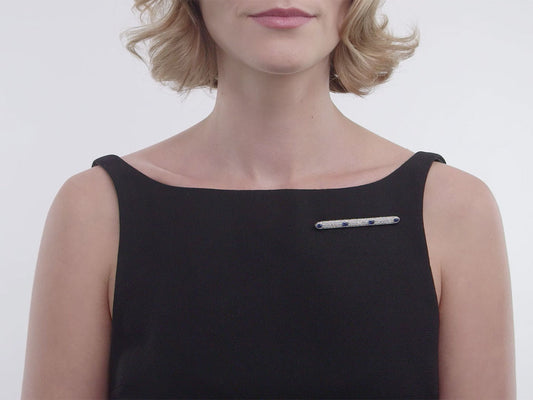-
Antique Edwardian Diamond and Sapphire Bar Brooch in 18K Gold
PIN-520789Price $2,250PriceUnit price per -
Antique Edwardian Diamond and Sapphire Pin in 18K Gold, French
PIN-520526Price $1,250PriceUnit price per -
Antique Edwardian Diamond and Natural Pearl Brooch in Platinum
PIN-521227Price $1,950PriceUnit price per -
Antique Edwardian Diamond Filigree Bracelet in Platinum
BRC-520694Price $12,500PriceUnit price per -
Antique Edwardian Diamond and Enamel Brooch in Platinum and 18K Gold
PIN-520710Price $7,650PriceUnit price per -
Antique Edwardian Diamond and Onyx Bow Brooch in Platinum
PIN-520712Price $5,450PriceUnit price per -
Antique Edwardian Diamond and Onyx Bow Brooch in Platinum over 18K Gold
PIN-520775Price $5,450PriceUnit price per -
Antique Edwardian Moonstone and Diamond Bracelet in Platinum, French
BRC-520457Price $34,500PriceUnit price per -
Antique Edwardian Diamond Brooch in Platinum
PIN-520336Price $2,250PriceUnit price per -
Antique Edwardian Cartier Diamond Pin in Platinum
PIN-520078Price $3,450PriceUnit price per -
Antique Edwardian Diamond Ring in Platinum
RNG-519565Price $1,850PriceUnit price per -
Antique Edwardian Diamond Brooch in Platinum
PIN-519572Price $1,850PriceUnit price per -
Antique Edwardian Diamond Bow Brooch in Platinum
PIN-513274Price $17,500PriceUnit price per -
Antique Edwardian Horseshoe Sapphire and Diamond Brooch in 14K Gold and Platinum
PIN-504173Price $3,950PriceUnit price per -
Antique Edwardian Diamond Crown Brooch in 14K Gold
PIN-517958Price $3,850PriceUnit price per -
Antique Edwardian Natural Pearl and Diamond Brooch in Platinum, by Black Starr & Frost
PIN-516594Price $1,850PriceUnit price per -
Antique Edwardian Diamond and Natural Pearl Bracelet in Platinum
BRC-513914Price $14,500PriceUnit price per -
Antique Edwardian Transitional Cut Diamond Cluster Ring in 18K Gold
RNG-511632Price $9,450PriceUnit price per -
Antique Edwardian Diamond and Peridot Pendant in 14K Gold
NEC-514989Price $13,500PriceUnit price per -
Antique Edwardian Diamond and Onyx Lorgnette Necklace in 18K White Gold
NEC-514934Price $7,850PriceUnit price per -
Antique Edwardian Pearl and Diamond Brooch in Platinum over Gold
PIN-514166Price $4,650PriceUnit price per -
Antique Edwardian Diamond Bow Pin in Platinum
PIN-512493Price $1,450PriceUnit price per -
Antique Edwardian Diamond Filigree Ring in Platinum
RNG-512549Price $4,150PriceUnit price per -
Antique Edwardian Diamond Ring in 18K White Gold
RNG-512550Price $2,650PriceUnit price per -
Antique Edwardian Emerald Ring in Platinum over 18K Gold
RNG-512310Price $3,500PriceUnit price per -
Antique Edwardian Emerald and Diamond Ring in Platinum
RNG-511264Price $8,500PriceUnit price per -
Antique Edwardian Diamond Brooch in Platinum
PIN-501096Price $10,500PriceUnit price per -
Antique Edwardian Diamond Brooch in Platinum
PIN-501044Price $6,250PriceUnit price per -
Antique Edwardian Diamond Bow Brooch in Platinum
PIN-503958Price $2,850PriceUnit price per -
Antique Edwardian Old European-Cut Diamond, 1.04 Carat I/VS-1, Ring in Platinum
RNG-510182Price $9,250PriceUnit price per -
Antique Edwardian Diamond and Sapphire Cufflinks in Platinum over 14K Gold
MEN-511339Price $1,150PriceUnit price per -
Antique Edwardian Diamond and Carved Coral Cameo Pendant/Brooch in Platinum over 14K Gold
NEC-511047Price $2,950PriceUnit price per -
Antique Edwardian Moonstone and Diamond Brooch in Platinum
PIN-509652Price $4,100PriceUnit price per -
Antique Edwardian Diamond and Sapphire Wing Brooch with French Hallmarks in Platinum and 18K
PIN-505576Price $5,750PriceUnit price per -
Antique Edwardian Diamond and Natural Pearl Bow Brooch in Platinum
PIN-505208Price $4,950PriceUnit price per -
Antique Edwardian Shoe Horn in 14K Gold, by Gorham
ACC-505172Price $8,500PriceUnit price per -
Antique Edwardian Cufflinks in Platinum and 14K
MEN-504899Price $1,250PriceUnit price per -
Antique Edwardian Cufflinks in Platinum and 14K
MEN-504898Price $1,050PriceUnit price per -
Antique Edwardian Natural and Cultured Pearl and Diamond Bracelet in Platinum and Gold
BRC-504650Price $8,250PriceUnit price per -
Antique Edwardian Natural Baroque Pearl and Diamond Pendant in 18K
NEC-504479Price $3,950PriceUnit price per -
Antique Edwardian Natural Pearl and Diamond Ring in 14K Gold and Platinum
RNG-503887Price $5,450PriceUnit price per -
Antique Edwardian Diamond Lorgnette in Platinum
ACC-501995Price $6,750PriceUnit price per -
Antique Edwardian Diamond Bar Brooch in 18K and Platinum
PIN-500975Price $1,950PriceUnit price per -
Antique Edwardian Sapphire and Diamond Bar Brooch in Platinum
PIN-500399Price $3,250PriceUnit price per
FAQs
What is Edwardian jewelry?
Edwardian jewelry, created roughly from 1901-1915, displays the era's hallmark platinum craftsmanship and delicate lace-like designs that epitomize feminine elegance.
Edwardian jewelry is renowned for its intricate filigree work, millegrain detailing, and intricate airy designs. Long chains, brooches in garland, bow and floral motifs set in ethereal openwork platinum settings often accented with luminous old European-cut diamonds and natural pearls reflect the sophisticated artistry of master jewelers who created these treasures to complement the highly fashionable and graceful, flowing silk, chiffon and embroidered fashions of King Edward VII's reign.
Now quite rare, fine Edwardian jewelry was made possible by the use of the newly available material, platinum, a difficult metal to work with due to its density and hardness, but remarkable in its flexibility and ability, unlike softer gold, to withstand heat in the jewelry making process. These characteristics allowed for wonderful creativity and innovation by truly master jewelers. With the advent of propane in the 1970s platinum fabrication became much easier and is considered the metal of choice for fine diamond jewelry today.
How does Beladora verify the authenticity of a piece?
Authenticating pieces of jewelry requires more nuanced expertise. Many thousands of pieces of jewelry have passed through our hands for over 40 years from every era and every maker. This familiarity enables us to know what a piece should look and feel like and if it has the expected quality of material and workmanship, the accurate makers marks and the correct signature in all the right places. Indeed, one of the easiest ways non-experts can be fooled is to assume a designer piece of jewelry is truly by that maker as pieces by commercial manufacturers are often outright fakes or signed fraudulently by a third party.
In practice, we first look at the front and back of a bracelet, ring or brooch, turning it over in our hands to see that the workmanship on the reverse is just as fine as the detail on the front. Using the jeweler’s important tool, the loupe, we look carefully at many different touchpoints including the precision with which the diamonds are mounted in their settings, the manner in which gold or platinum links are connected to each other, the quality of the azuring, a most difficult and refined aspect of metalwork, the fineness of the material and we look for flawless polish.
If we have any doubts whatsoever as to authenticity, we submit the piece to the firm itself, be it Cartier, Van Cleef & Arpels, Verdura, David Webb and others. We also request the original bill of sale, box and papers for those items most commonly faked such as Cartier Love brackets and VCA Alhambra pieces. And just as banks know their customers, we, too, ensure we know enough about our clients to assure ourselves of their ownership and provenance.
Our team of GIA-certified jewelry experts has such a well-regarded reputation in the international jewelry industry that we are frequently called upon to advise auction houses, appraisers and other dealers in matters of authenticity and value.






